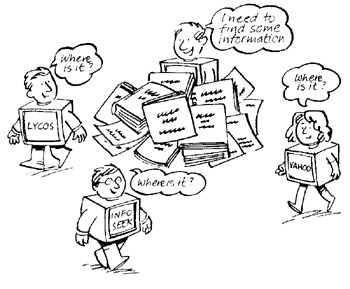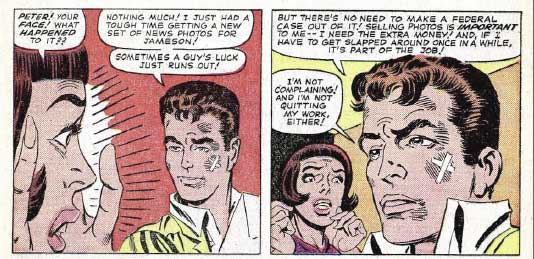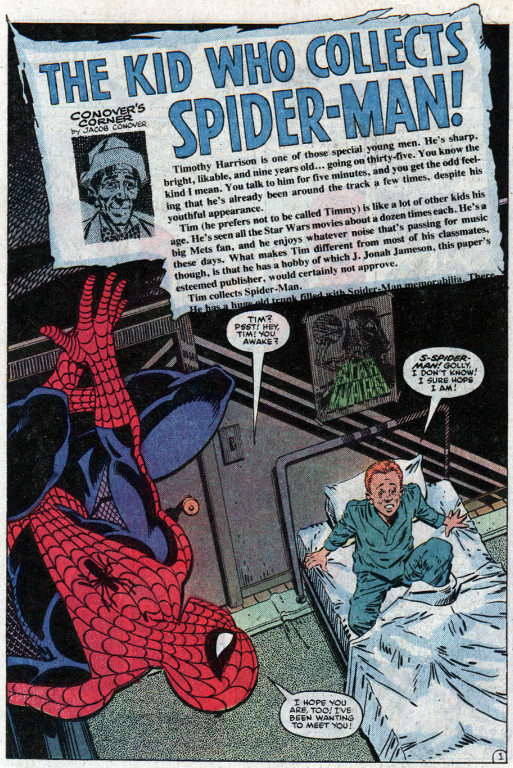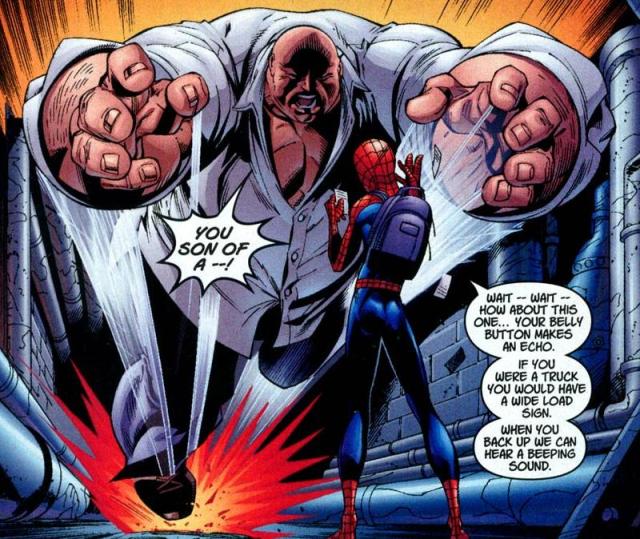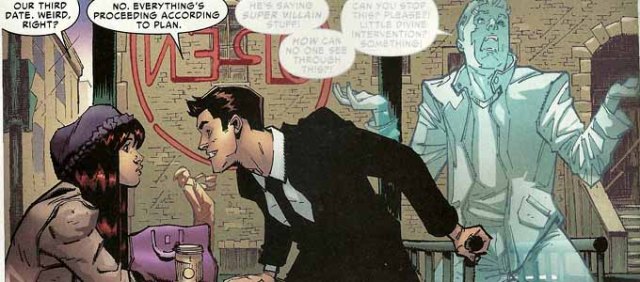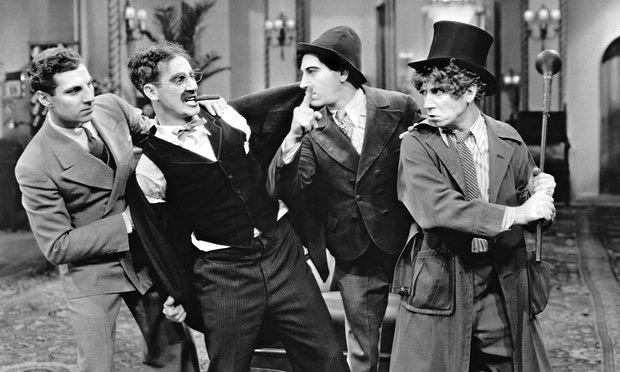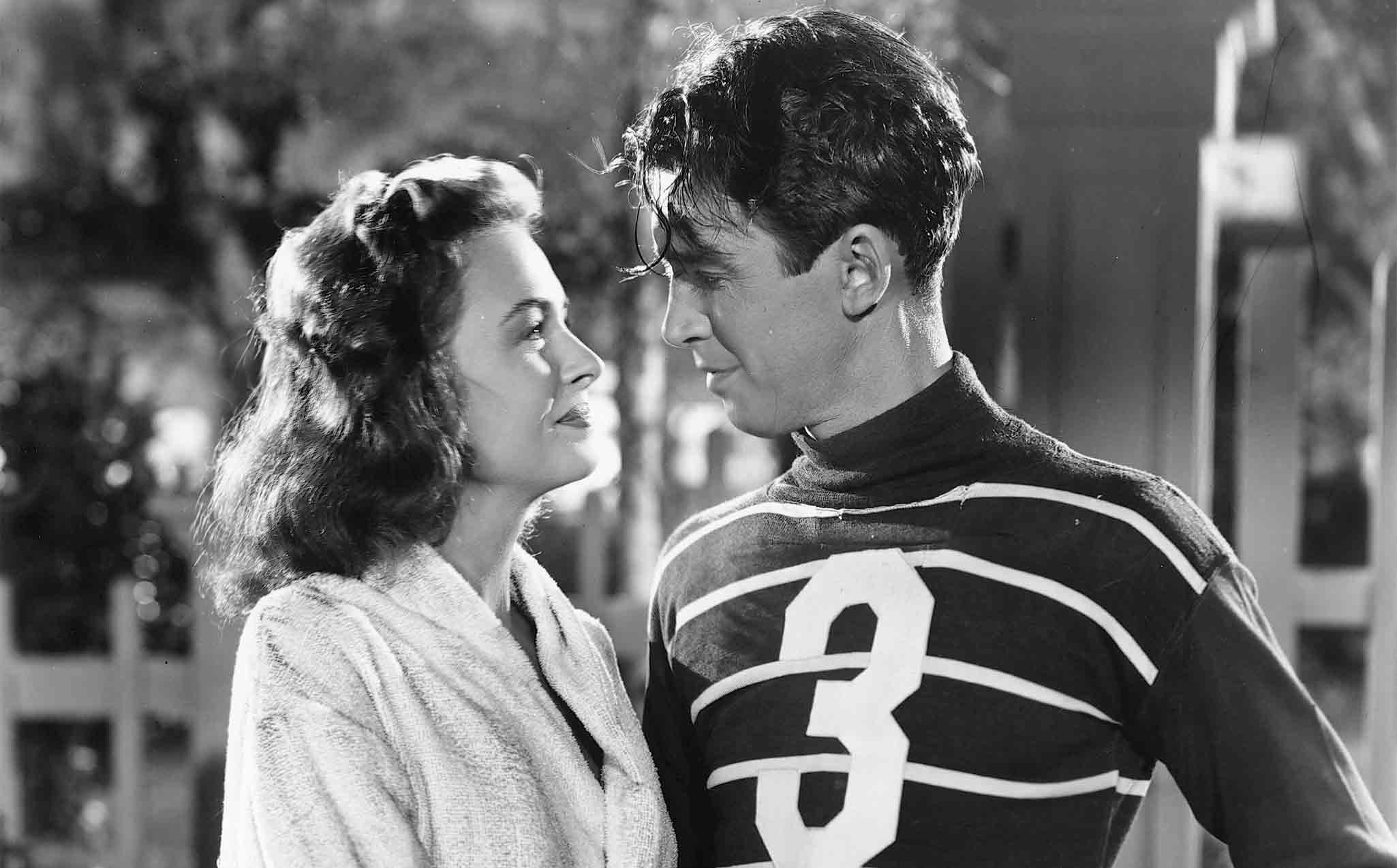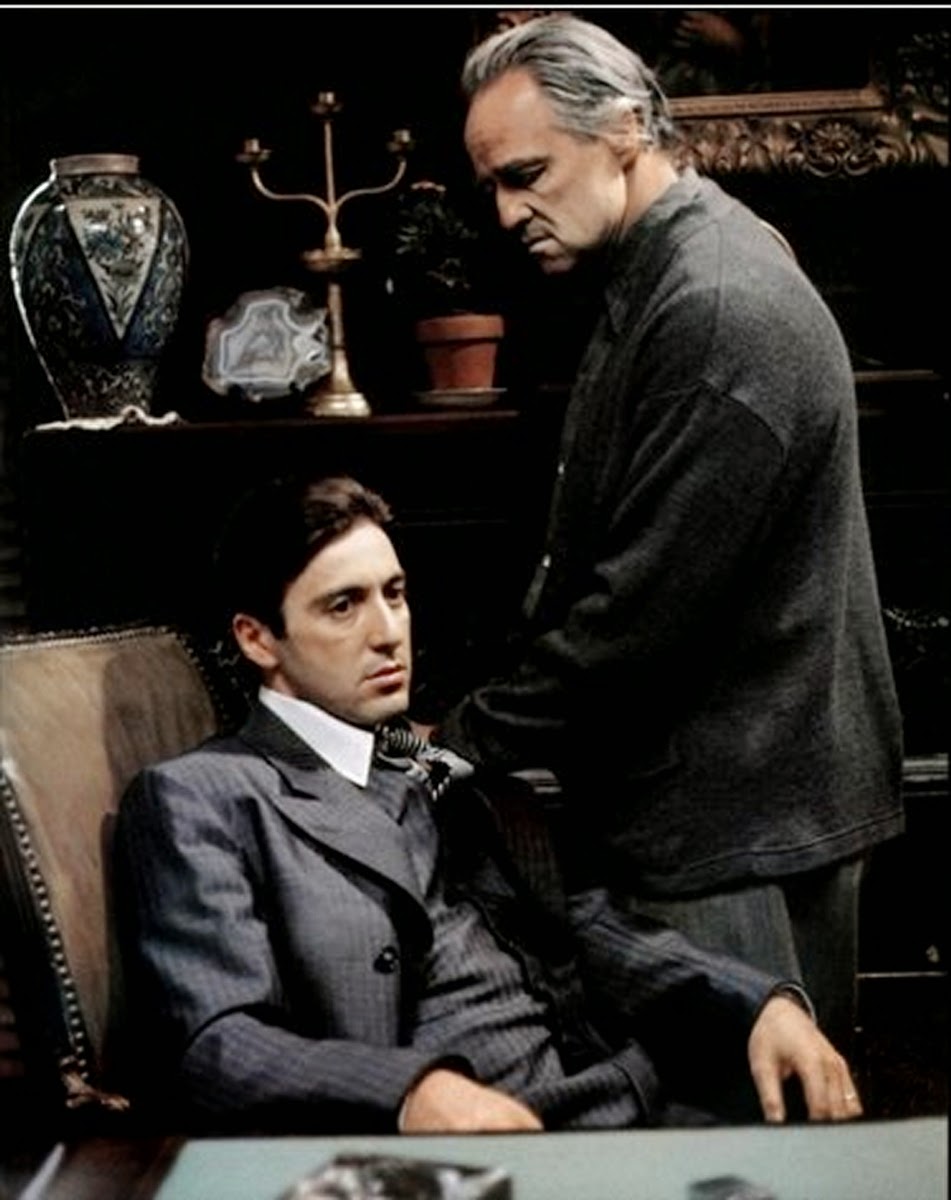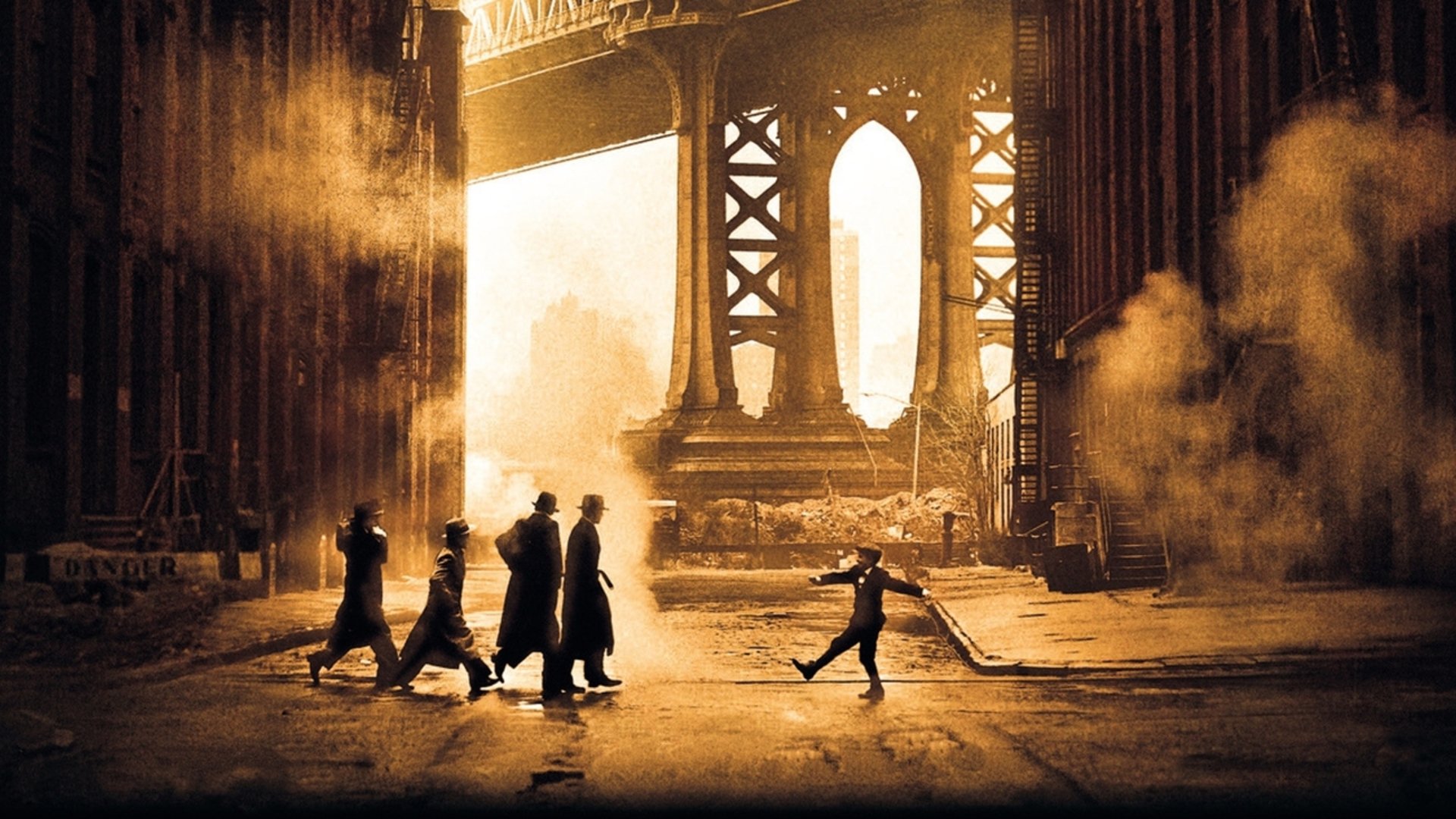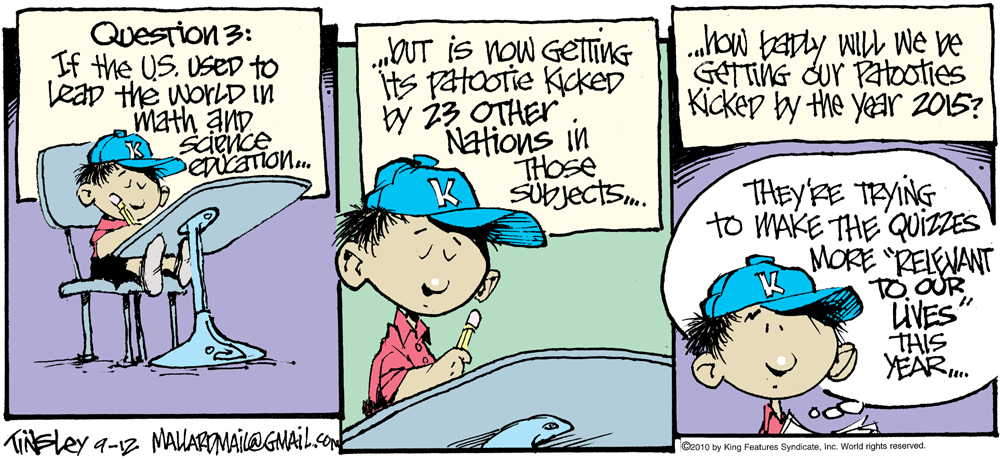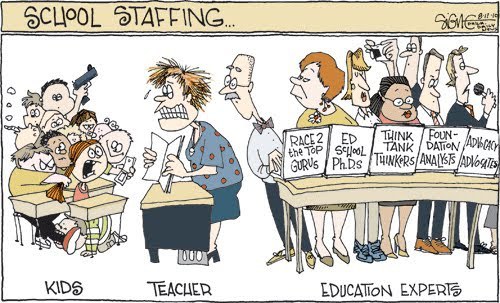
Continuing my list…
I’m listing some attributes of films for my own benefit. I’m curious how many movies I’ll end up seeing this year in a specific genre or dealing with a particular subject matter. New movie just means a film I haven’t seen before. For the last month or so, I’ve focused exclusively on those.
Movie #26/ New Movie #24/ 1930s Movie #3/ Science Fiction Movie #5/ Movie About Politics #6/ Criterion Edition #6: Things To Come
This is a weird film, a vision of the future circa 1935. It’s often, preachy and didactic, although quite interesting in the hints of the flaws of the coming utopia (towards the end, the mob attacking the scientist’s house has a good point). The special effects are fascinating, and the set designs are incredible.
7/10
Movie #27/ New Movie #25/ Russian Movie #1/ Criterion Edition #7 1970s Movie #5/ Science Fiction Movie #6: Solaris
This was a strange mix of genre and director, with an arthouse Russian depicting weirdness on board a space station. The central mystery leads to some interesting questions, as scientists communicate with a strange species. The visuals are stunning and it takes some interesting turns.
9/10
Movie #28/ New Movie #26/ Silent Movie Era #3/ Criterion Edition #8/ German Film #1: Pandora’s Box
This was a silent film about a fallen woman that takes some weird turns, especially with the ending, and a surprisingly sympathetic take on Jack the Ripper. The most appealing part of the film is the magnetic lead performance of Louise Brooks.
9/10
Movie #29/ New Movie #27/ 2010s Movie #6/ Criterion Edition #9/ German Film #2: Phoenix
Essentially a Holocaust noir, as a concentration camp survivor tries to figure out if her husband sold her out to German officials, after having had just enough plastic surgery for her husband to think she looks enough like his dead wife to help get his hands on her inheritance. The ending is stunning.
8/10
Movie #30/ New Movie #28/ Japanese Movie #2/ Criterion Edition #10/ 1970s Movie #6/ Comic Book Movie #2: Lone Wolf and Cub: Baby Cart at the River Styx
The narrative’s a bit episodic and unfocused, although that’s the norm for the series. It’s more of an excuse for compelling set pieces, some of them straight out of the manga. The highlight is an encounter on a burning ship. It does raise some interesting moral questions, including whether the lead is on the right side. The film acknowledges that he could very easily be the antagonist, showing the perspectives of his various enemies.
8/10
Movie #31/ New Movie #29/ 1960s Movie #3: Hud
This is the second film I’ve seen this year in which Melvyn Douglas won an Oscar for playing a dying patriarch. It’s an interesting take on messed up family dynamics, as a kid comes to realize that his uncle is a bit of a douchebag. The uncle’s played by Paul Newman in the 60s, so the audience liked him a lot more than they should have. Patricia O’Neal gave a tremendous performance as the harried housekeeper.
9/10
Movie #32/ New Movie #30/ 2010s Movie #7/ Science Fiction Movie #7/ Comic Book Movie #3: Logan
It’s arguably the best of the X-Men films, and I’ve liked most of them. It’s remarkable for how dark the fates of the characters are, but then there’s a new take on X-23. I heard an argument on a podcast that the focus on Logan and Professor X stripped the X-Men films to their essence for a story about loss, regret and making a difference. This is likely the most satisfying finale to a cinematic superhero saga.
9/10
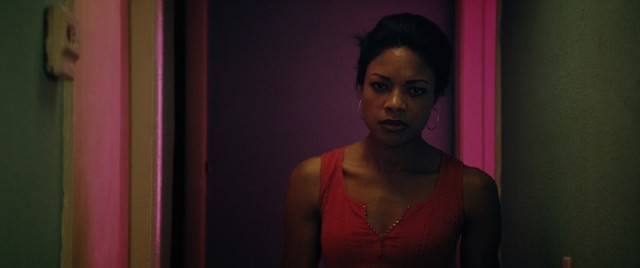
Movie #33/ New Movie #31/ 2010s Movie #8/ Black Cinema #2: Moonlight
Yeah, this film deserved to win Best Picture, and I quite liked La La Land. Mahersala Ali was tremendous as a conflicted drug dealer with a potential motive for helping out a kid. He disappears, but there is a very clever way of making sure his presence is felt in the other chapters. The format of looking at three episodes in Chiron’s life works really well. Naomi Harris is quite good as the deeply flawed mom, the one character seen in all three portions, who has several compelling transformations. The score is great, and the film has a tremendous sense of color. The central love story is handled very delicately.
10/10
Movie #34/ New Movie #32/ 2010s Movie #9: Mike and Dave Need Wedding Dates
It’s not terrible, but it may be the worst movie I’ve seen so far this year. It’s a derivative comedy about hedonistic twenty-somethings and weddings, with some decent gags and a winning performance by Audrey Plaza.
6/10
Movie #35/ New Movie #33/ 1930s Movie #4: Baby Face
This pre-Code shortish film had some similarities to Pandora’s Box, and material that seems really out of place for early Hollywood (after the death of her father/ pimp, a young woman sleeps her way to the top). It’s entertaining, and borderline corrupt.
7/10
Movie #36/ New Movie #34/ 1960s Movie #4/ Criterion Edition #11/ Theatrical Adaptation #3: The Chimes at Midnight
Orson Welles, the greatest actor-director, depicts one of Shakespeare’s greatest characters. It had to be good, and it is, although the merging of multiple plays into one story results in some moments that are quite unfocused. It’s all worth it for Welles as the self-indulgent but always compelling Falstaff.
8/10

Movie #37/ New Movie #35/ 1970s Movie #7: The Great Waldo Pepper
I was interested in this ever since I read about it in William Goldman’s Adventures in the Screen Trade. The story of a barnbusting pilot in the days before regulation suffers a bit from abrupt tonal shifts. Characters die without the weirdness being sufficiently acknowledged. With Robert Redford as the lead, you see why Waldo Pepper gets away with so much.
7/10
Movie #38/ New Movie #36/ 1980s Movie #3: Arthur
An odd romance about a middle aged alcoholic boor pissed off about how he has to get married. In the inevitable scene where he breaks off his engagement, I appreciate the ways they keep the audience on his side. John Gieguld might have been the best version of a particular type (the droll butler who loves his patron, but wishes he would grow the hell up) in film.
8/10
Movie #39/ New Movie #37/ 2000s Movie #2/ Movie About Politics #7: Recount
I’ve been slacking when it comes to movies from the early 2000s; not sure why. It may be that at this point, I’ve seen most of the highlights of that particular decade, so there’s not as much to catch up on. I had some temporary subscriptions to HBO Now and Filmstruck, which may also be biased towards earlier movies (with Filmstruck’s Criterion collection) and the last few years (with HBO).
This was a great ensemble piece about the behind the scenes fighting during the 2000 Florida recount. For the most part, it was fair to the two sides, mixing the legal strategy and consequences, with some additional chaos (especially with Laura Dern’s Katherine Harris.)
8/10
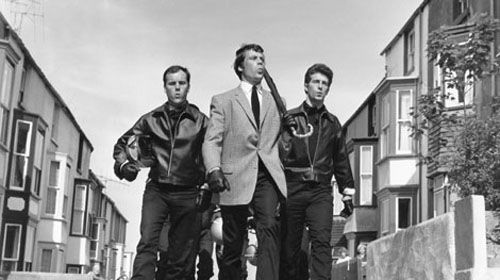
Movie #40/ New Movie #38/ 1960s Movie #5/ Science Fiction Movie #8: These are the Damned
The film has quite a few balancing acts, starting out as a teen gang story in which a young woman decides to leave her brother’s group with the help of an older guy she helped them mug. There’s a slow build to the inevitable scene where they are forced into a secret army experiment, encountering weird children who still act like kids but pose a threat to the public. This raises some questions that are tough to resolve. It’s essential viewing for Kubrick fans due to the influence on A Clockwork Orange and Dr. Strangelove.
9/10
Movie #41/ New Movie #39/ 1960s Movie #6: Never Take Candy From a Stranger
This is not what I expected to be the subject matter of a 1960s film. The first two-thirds feature a family’s efforts to sue a powerful local for sexually harassing their daughter, and it makes for a compelling legal drama. There’s a mismatch with the final act, in which an old pervert is transformed into something else.
8/10
Movie #42/ New Movie #40/ 1980s Movie #3: Angel Heart
This is a weird horror-noir. It has a fantastic score, and sense of location, especially as the lead’s journey takes him to New Orleans in 1955. But it goes into some messed up territory.
8/10

Movie #43/ New Movie #41/ 2000s Movie #3/ Criterion Edition #12: In the Mood For Love
Interesting beautifully shot film with a slightly disorienting narrative as jilted spouses struggle with their own feelings, and their need to understand why they were cheated on, as well as the morality of what they’re doing by essentially falling into an emotional affair they don’t quite want to acknowledge.
9/10
Movie #44/ New Movie #42/ 1970s Movie #8/ Black Cinema #3: Killer of Sheep
This was mentioned in a “Best of” book I was given as a present years ago (The National Society of Film Critics’ 100 Essential Films where it had a writeup by the now disgraced Armond White) so I’ve been aware of it for a while without seeing it. It’s a strange but compelling film, a literal MFA thesis which adopts the Italian Neorealism style for the Watts neighborhood of California in the 1970s, showing vignettes in the life of a family struggling to find dignity in the ghetto. The soundtrack (which kept the film from finding wider release) is excellent.
9/10
